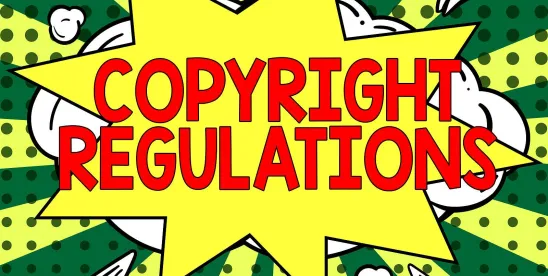The US Court of Appeals for the Fifth Circuit held that reprinting foreign law cannot be an infringement of US copyright law. Canadian Standards Association v. P.S. Knight Co., Ltd., Case No. 23-50081 (5th Cir. July 16, 2024) (King, Willett, Douglas, JJ.)
The Canadian Standards Association (CSA) is a nonprofit that owns Canadian copyright registrations to its model codes and standards. More than 40% of the CSA’s codes have been incorporated by reference into Canadian regulations and statutes.
Gordan Knight is the president and sole shareholder of both the Canadian company P.S. Knight and the US company P.S. Knight Americas. These companies sell versions of CSA’s copyrighted model codes and standards without a license.
In 2015, the CSA filed suit against Knight in Canada for infringing its copyrights to the Canadian Electrical Code. Knight was found to infringe, and the Canadian court enjoined Knight from reproducing, distributing or selling any publication that infringed CSA’s copyright to the code.
After losing his appeal against the Canadian court’s ruling, Knight formed P.S. Knight Americas. Using this company, Knight again produced his own versions of the CSA model codes. CSA filed suit against Knight, alleging infringement of its Canadian copyrights. The district court granted CSA’s motion for summary judgment of infringement and granted a permanent injunction against Knight, enjoining him from further infringing CSA’s copyrighted model codes.
Knight appealed, alleging that the district court erred in finding that Canadian copyrights covering laws could be enforced in the United States.
The Fifth Circuit explained that when analyzing infringement of a foreign copyright under US copyright law, a court first determines the ownership and the nature of the copyright by applying the law of the nation where the copyrights are held. Neither party contested that CSA owns valid Canadian copyrights in and to the model codes.
Infringement, however, is decided purely under US law. In a 2002 en banc opinion (Veeck v. Southern Building Code) the Fifth Circuit held that under US law, it is not copyright infringement to copy and reprint the law (in that case, model building codes that were enacted into law). Under Veeck, when model codes are enacted into law, “they become to that extent ‘the law’ of the governmental entities and may be reproduced or distributed as ‘the law’ of those jurisdictions.”
Here, it was uncontested that more than 40% of CSA’s model codes were incorporated into Canadian law by reference, and thus those model codes were part of Canadian law. Since the materials Knight copied were Canadian law, the Fifth Circuit held that such copying could not be infringement in the US: “because United States law applies to questions of infringement, Veeck is outcome determinative.” On this basis, the Fifth Circuit reversed the district court.
In dissent, Judge Douglas argued that the majority misapplied Veeck. He argued that the en banc court in Veeck held that law was not copyrightable subject matter in the US. Since copyrightability is determined based on the law of the foreign jurisdiction, and since the P.S. Knight copyrights were valid in Canada, Judge Douglas would have distinguished this case from Veeck and affirmed the district court.




 />i
/>i

